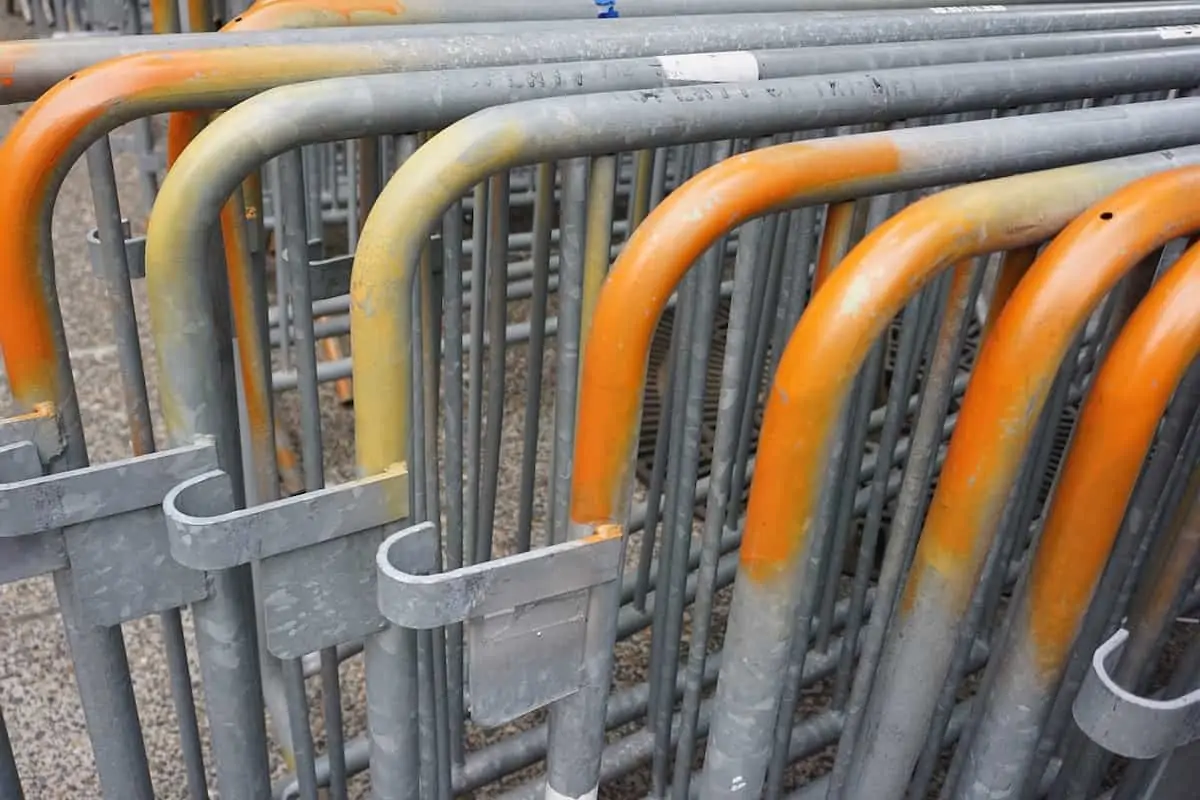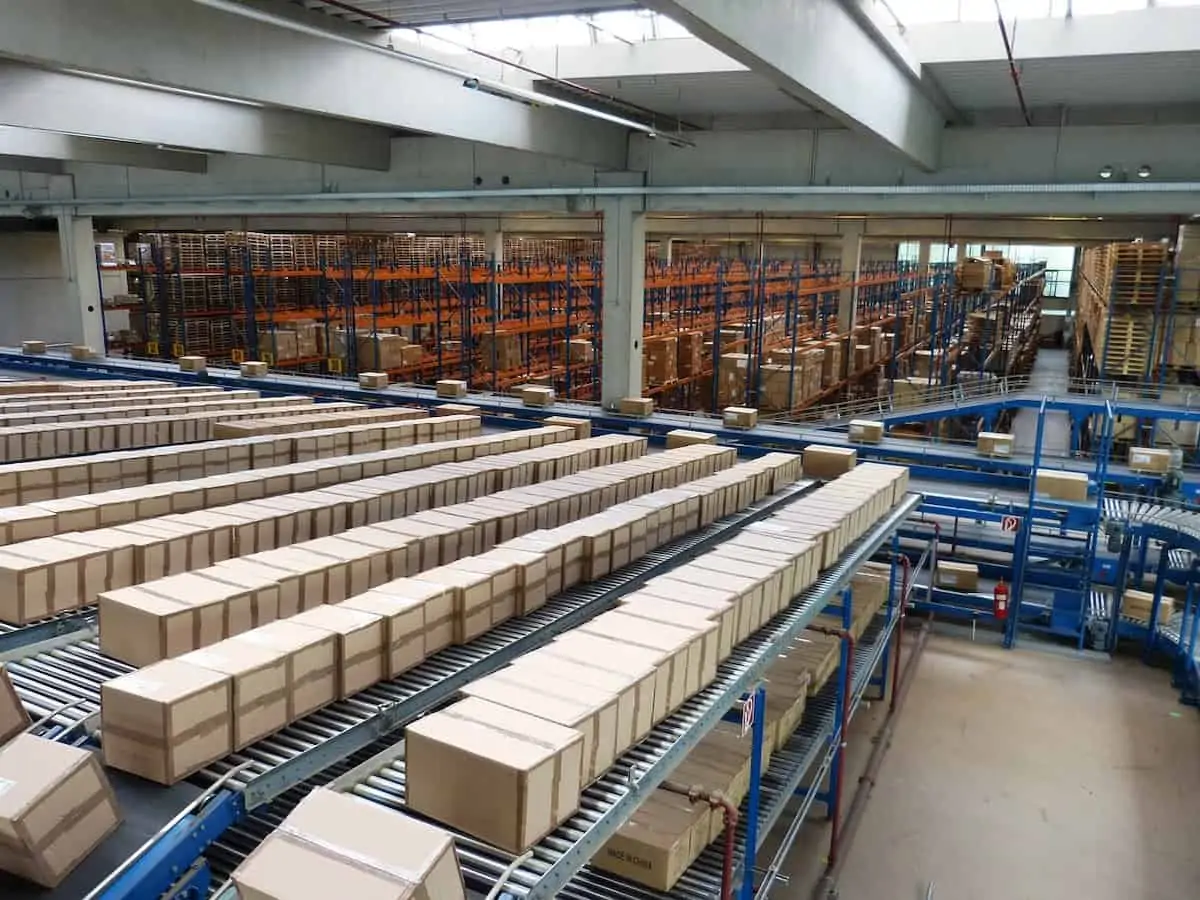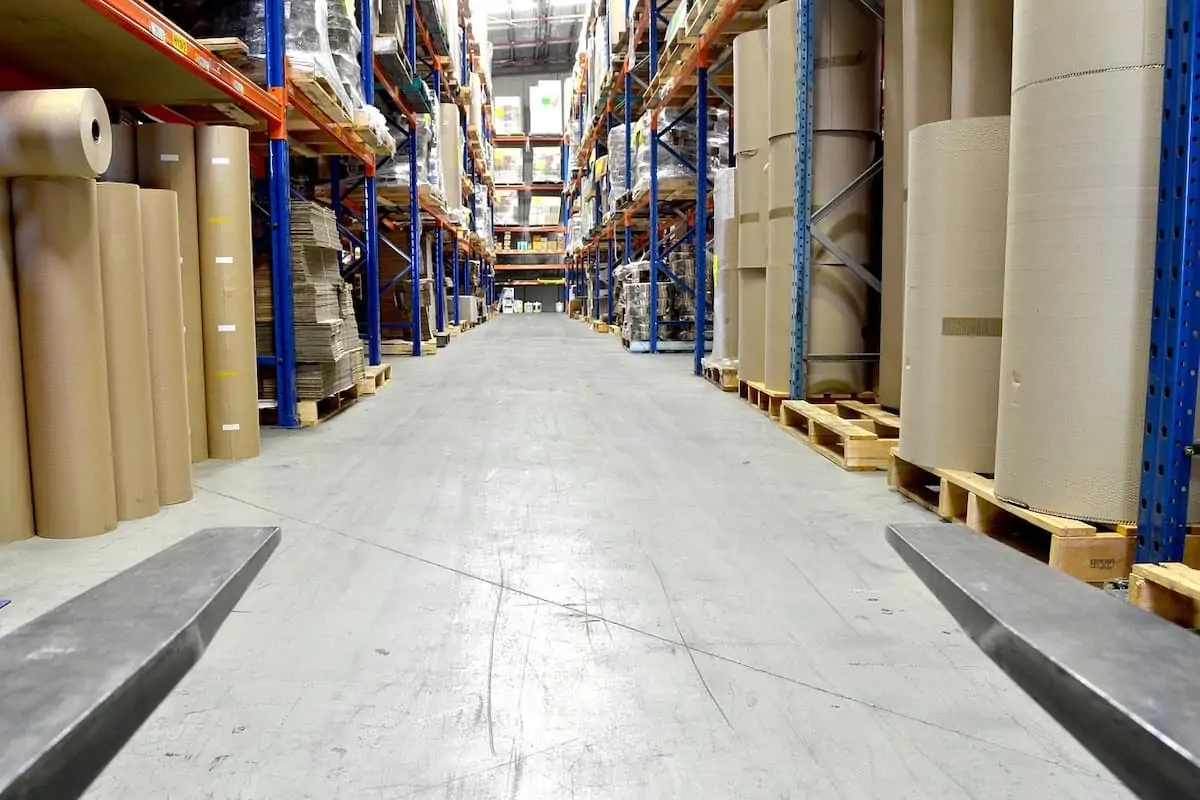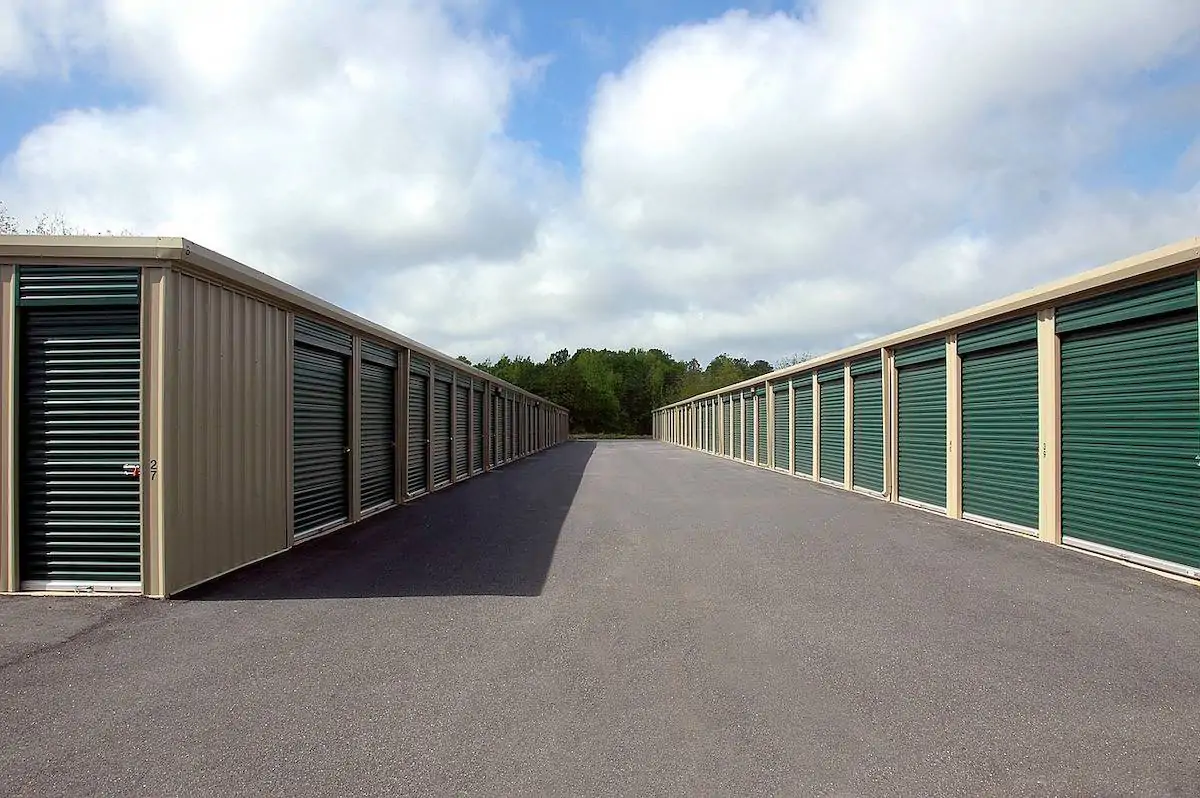The decision to invest in a cloud based WMS (warehouse management system) is often the result of sub-par systems in operation within the exclusive supply chain.
Many legacy systems have been in service for up to 20 years or more, reports Roberto Michel of Modern Materials Handling, and supply chains can no longer function on these legacy systems.
This is especially true in the age of e-commerce, so supply chain executives should consider these top seven reasons to implement a cloud-based WMS.
Continue reading “7 Reasons to Consider a Cloud Based WMS (Warehouse Management System)!”

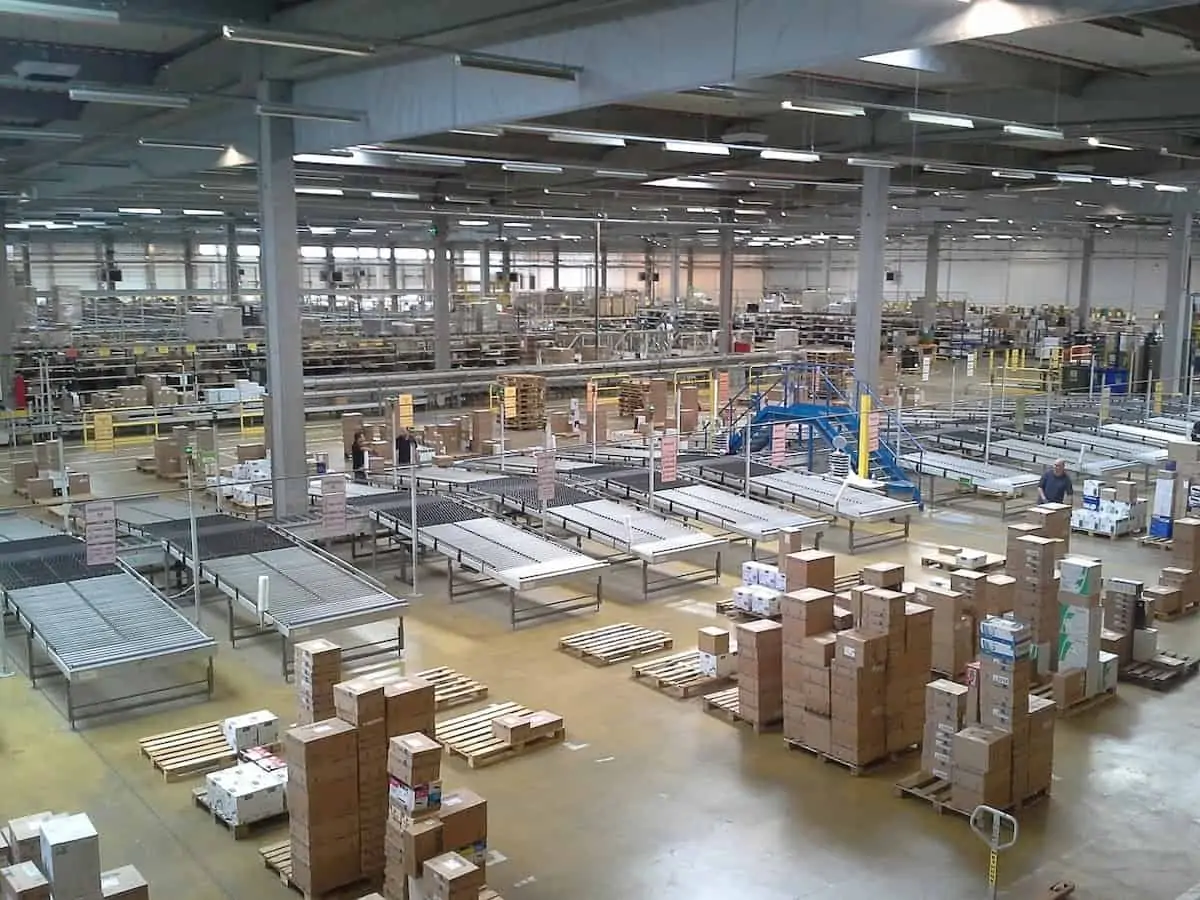
 EBOOKS HERE
EBOOKS HERE